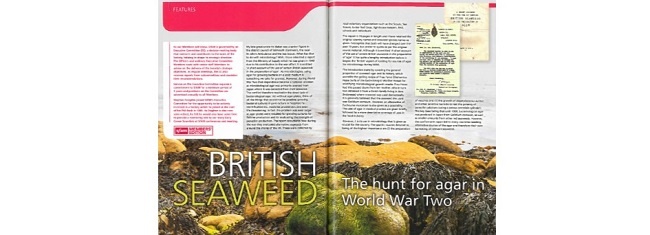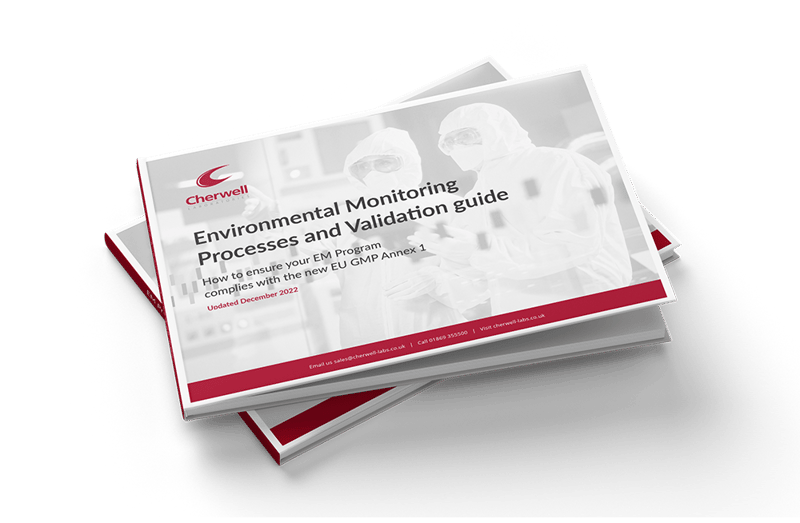
An article from the Society for Applied Microbiology's publication, highlights that the lack of bacteriological agar during World War Two was recognised as a national emergency
As a member of the Society for Applied Microbiology (sfAM), now known as Applied Microbiology International (AMI), we receive Microbiologist, a professionally produced magazine that keeps us up-to-date on all the society’s matters, provides us with detailed information on their meetings and which contains reports and feature articles on a wide variety of microbiological topics.
The March 2018 issue of Microbiologist featured an interesting article entitled British Seaweed – The hunt for agar in World War Two written by AMI’s Executive Committee Member, Steve Forsythe. The piece covers details of a report from the Ministry of Supply that the author inherited from his late great-uncle, who had received it due to his contribution to the war effort. The report documents how alternative British seaweeds were evaluated for the use in the preparation of agar during World War Two, to overcome the problem that microbiological agar was primarily sourced from Japan.
With the lack of bacteriological agar being recognised as a national emergency during World War Two, the report outlined: the properties of seaweed agar; the importance of the media to the nation and the evaluation, sources and harvesting of seaweeds.
As a manufacturer of prepared culture media, including agar plates, we found the article appealing and wanted to share it. We thought that anyone that relies on the use agar in their job role would appreciate the importance of a reliable supply of culture media and that they would be curious to see the challenges faced during World War Two to ensure agar was available for vital functions such as vaccine production and evaluating the strength of penicillin production.
We have kindly been given permission to share this article, from AMI and the author, Stephen Forsythe. Click on the button below to see the full article. We hope you find it interesting.







